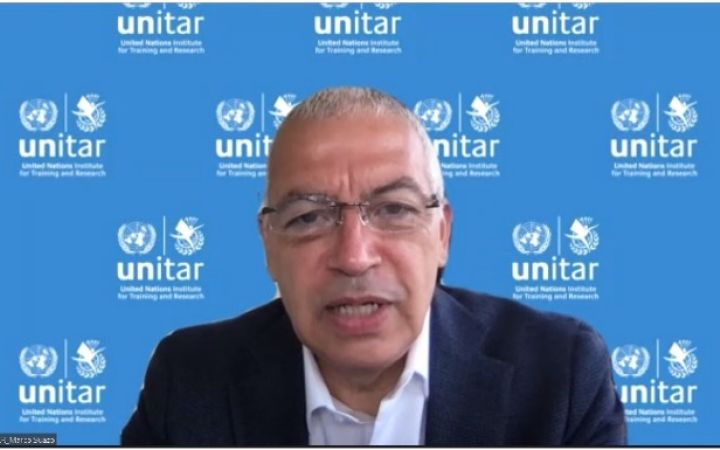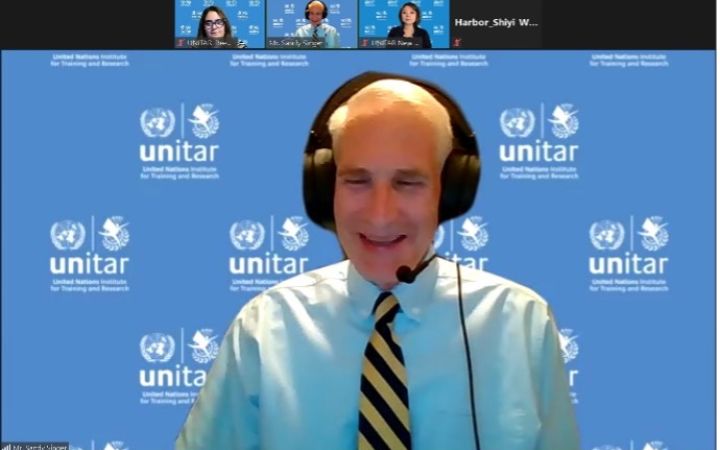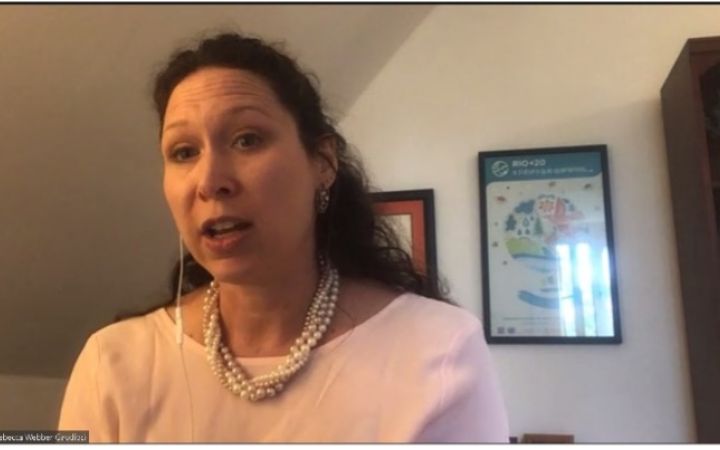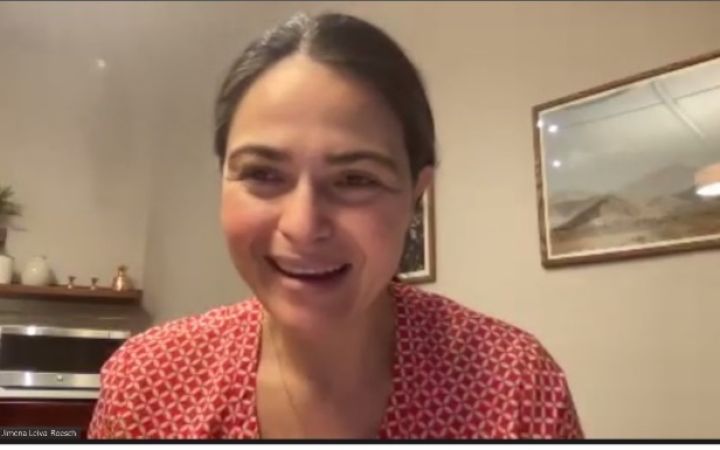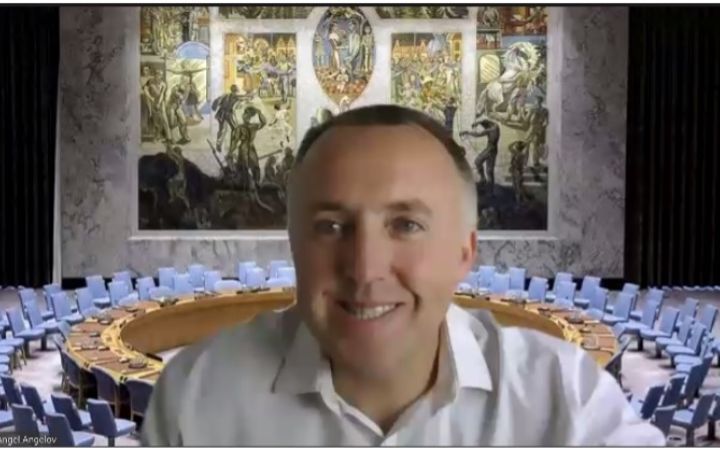On 13 August, 2021, New York, USA (Virtual) – The United Nations Institute for Training and Research (UNITAR) New York office concluded a two-week online training programme with Harbour Education on Friday, August 13, 2021. This online training programme is catered for students who want to develop a better understanding in working in the international organizations. It aims to provide them with necessary knowledge about the Sustainable Development Goals (SDGs), the United Nations, negotiations and international communications. Mr. Marco Suazo delivered opening and closing ceremonies for the training program. In the ceremonies, he thanked the efforts done by both the UNITAR New York Office and Harbour Education in catering such training program, while briefly going through the program’s agenda. Mr. Suazo then welcomed Mr. Sandy Singer, a Lecturer and Instructor in the UN-LCP English Language Programme and Consultant and Professor in the field of Written and Oral Communication for Business. The floor was then passed to Ms. Tianyi Zhao who gave a brief greeting remarks to the students in Chinese
Mr. Sandy Singer started the day 1 session by encouraging the students to engage and ask questions. He gave a brief explanation of the topics to be discussed. Mr. Singer explained the importance of presentations along with putting into consideration audience, purpose and setting. He later went into details of when presenting mentioning the three components of any talks and issues that may occur during presenting. After highlighting the main components and concerns of presenting, he went into details about special considerations when presenting in the United Nations. Before ending the session, Mr. Singer stressed on the importance of proofreading the presentations to demonstrate enthusiasm, rehearse and check for any grammatic errors or errors of any kind. Finally the day ended with an interactive Q&A session.
Ms. Tianyi Zhao greeted students and Mr. Singer for day 2 session, where he elaborates more on the components of the PowerPoint presentation. He mentioned the common fonts and font sizes used, background color matches along with texts and the use of word and pictures. Mr. Singer mentioned the level of education required to be able to work with the United Nations and the importance of Internships and UN volunteering in the fields. He explained the difference between a cover letter and a resume, stating that each job should have a catered cover letter to help catch attention and show their skill sets. Mr. Singer stressed on the importance of communication and writing skills especially when working for the UN, as most of the communication will be through writing emails, proposals and reports. He mentioned some of the challenges that may occur when working in the UN along with how to prepare yourself for this kind of work. A Q&A took place at the end of the session.
Starting day 3, Ms. Zhao welcomed Dr. Rebecca E. Webber Gaudiosi, a scientist turned diplomat, earned B.S. and Ph.D. degrees in Materials Science and Engineering from Rensselaer Polytechnic Institute and Northwestern University and a Science and Technology Policy Fellowship from the American Association for the Advancement of Science and Ms. Jimena Leiva-Roesch, represented the voice of the developing world in multiple negotiations at the UN and offers hands-on training on diplomacy and leadership in academic institutions around the world. Dr. Rebecca started the session by explaining what it is like being a diplomat going through their job description and responsibilities. She mentioned that diplomats are also negotiators, and their main purpose is not maximizing profits, but maximizing the best outcome. Ms. Jimena then provided a real-life example of negotiations both her and Dr. Rebecca went through. She then mentioned some points to take into considerations to become a successful multilateral negotiator. Both Ms. Jimena and Dr. Rebecca explained the different positions in international services, from country diplomats to UN civil servants to non-governmental organizations and other multilaterals organizations. A very interactive Q&A session took place towards the end of day 3
The Evolution of the UN’s core values was a very interesting topic to start day 4 session with. Ms. Jimena explained the story behind the development of the Sustainable Development Goals (SDGs) which were originally the Millenium Development Goals (MDGs). Therefore, creating a more complex set of goals than the MDGs. Dr. Rebecca then mentioned that there was capital involvement, not only by the New York based diplomats, meaning that every government on member state around the world had agreed to what the SDGs are because it was all based on trust. Ending day 4 with a Q&A session between the speakers and students.
Moving on to day 5, Ms. Zhao welcomed Dr. Angel Angelov. Dr. Angelov is a diplomat and a scholar. Dr. Angelov started by briefly talking about what is it like working as a diplomat. He explained the difference between Bilateral diplomacy and Multilateral diplomacy mentioning that it is a new concept. Dr. Angelov explained the types of diplomatic missions and staffs along with stressing on the difference between a diplomatic position and a diplomatic rank. He explained what immunity is and its types for diplomats. Lastly, Dr. Angelov went through the components of a diplomat’s profile. He talked about the level of education, language, level of experience and competencies in terms of patience and being able to handle several tasks consecutively. Dr. Angelov stressed on the ability to do research and to have general knowledge about history and geography.


